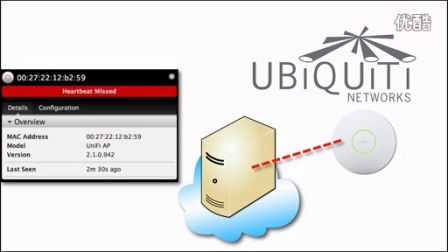Understanding OMS: A Comprehensive Guide

Order Management System (OMS) is a term that has gained significant importance in the modern business landscape. It refers to a software system designed to manage the entire lifecycle of orders within an organization. In this article, we will delve into the various aspects of OMS, its functionalities, and its significance in different industries.
What is OMS?

OMS, which stands for Order Management System, is a comprehensive software solution that handles the entire process of order management. It encompasses activities such as order entry, order processing, order fulfillment, and order tracking. The primary goal of an OMS is to streamline the order management process, reduce manual efforts, and enhance overall efficiency.
Key Features of OMS

Here are some of the key features of an OMS:
| Feature | Description |
|---|---|
| Order Entry | Enables the entry of orders from various sources such as e-commerce platforms, physical stores, and customer inquiries. |
| Order Processing | Manages the processing of orders, including order validation, payment processing, and order confirmation. |
| Order Fulfillment | Coordinates the fulfillment of orders, including inventory management, picking, packing, and shipping. |
| Order Tracking | Enables real-time tracking of order status, providing customers with up-to-date information about their orders. |
| Data Analysis | Collects and analyzes order data to provide insights for better decision-making, such as sales trends, inventory levels, and customer preferences. |
Benefits of OMS
Implementing an OMS in your organization can bring several benefits:
-
Improved Efficiency: OMS automates various order management processes, reducing manual efforts and minimizing errors.
-
Enhanced Customer Satisfaction: Real-time order tracking and timely delivery improve customer satisfaction.
-
Optimized Inventory Management: OMS helps in maintaining optimal inventory levels, reducing stockouts and overstock situations.
-
Cost Reduction: By streamlining the order management process, OMS helps in reducing operational costs.
-
Increased Sales: OMS enables better sales forecasting and inventory management, leading to increased sales.
OMS in Different Industries
OMS is applicable across various industries, each with its unique requirements. Here are a few examples:
-
Retail: OMS helps in managing customer orders, inventory levels, and supply chain operations.
-
E-commerce: OMS plays a crucial role in managing orders from multiple channels, including e-commerce platforms, social media, and mobile apps.
-
Manufacturing: OMS helps in managing production orders, inventory levels, and supply chain operations.
-
Distribution: OMS assists in managing orders, inventory, and logistics operations.
Choosing the Right OMS
Selecting the right OMS for your organization is crucial. Here are some factors to consider:
-
Scalability: Ensure that the OMS can scale with your business as it grows.
-
Customization: Look for an OMS that can be customized to meet your specific business requirements.
-
Integration: Ensure that the OMS can integrate with other systems you use, such as ERP, CRM, and accounting software.
-
Support and Training: Choose an OMS provider that offers excellent support and training to help you get the most out of the system.
Conclusion
Order Management System (OMS) is a vital tool for businesses looking to streamline their order management processes, improve efficiency, and enhance customer satisfaction. By understanding the key features, benefits, and considerations of OMS, you can make an informed decision when selecting the right system


